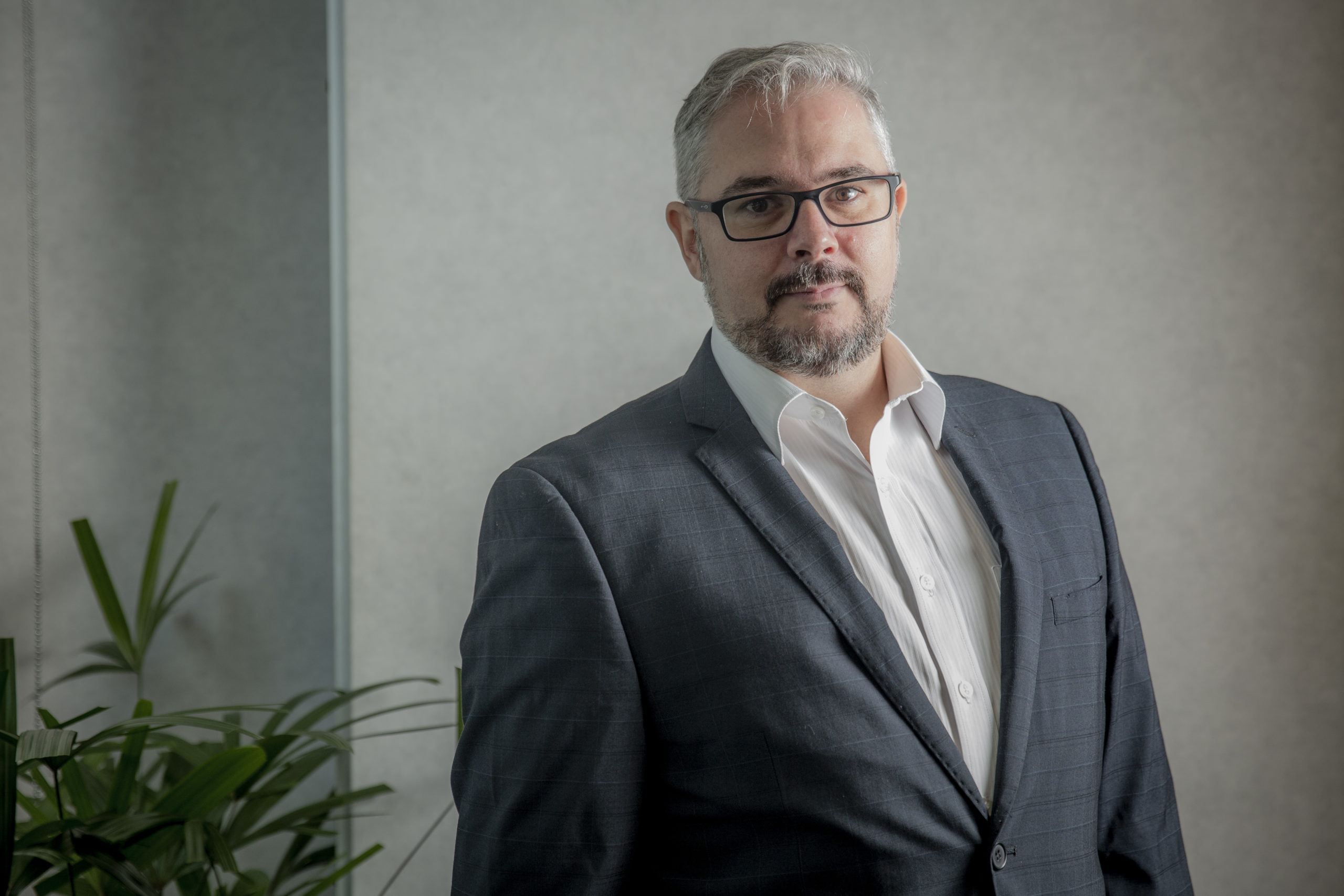 *By Thiago Spósito
*By Thiago Spósito
In recent years, we've talked a lot about the 'future of work'. As it seems that we are living faster and faster, I believe that this 'future' spread out shortly after the start of the pandemic, must have already arrived. So we need to talk about the steps that go beyond that. We already understand that the hybrid model is here to stay and companies will assimilate it.
According to a survey conducted among 288 C-Level executives and their direct reports during the second quarter of 2022, promoted by the consultancy Gartner, almost 60% of the companies report having at least one technology talent working in a completely remote and borderless model. It is already double the visa three years ago, before the pandemic.
Corporations are more willing to recruit a workforce that could work from anywhere in the world. Today, technology has consolidated itself within the backbone of this 'reengineering' in the corporate world. With the acceleration of projects of cloud, as well as hybrid IT and virtualization, the pandemic made companies anticipate a trend aimed at a methodology that values the employee's quality of life in a safe way.
The truth is that data virtualization platforms offer efficient control to regulate access and restrict requests by time, hierarchy and type of demand. In addition to optimizing costs and having more agile processes, it also allows for self-analysis for a more general view of the data, allowing the flexibility of workstations to always be in a safe environment.
So is office still important? Clear. However, it is increasingly becoming an event space. Maintaining hospitality and experience policies is critical, maintaining flexibility as a way to build engagement between teams, partners and customers in order to provide group activities and meetings.
It's no surprise this movement is taking place because the issue of attraction and retention is CEOs' top priority for 2023, according to the same Gartner survey. It doesn't matter where you are, what matters is to be active. Having a flexibility bias and freedom of choice is important to build policies that benefit the new generations to retain talent.
*Thiago Sposito, Partner at Add Value Security by Add Value
Notice: The opinion presented in this article is the responsibility of its author and not of ABES - Brazilian Association of Software Companies














